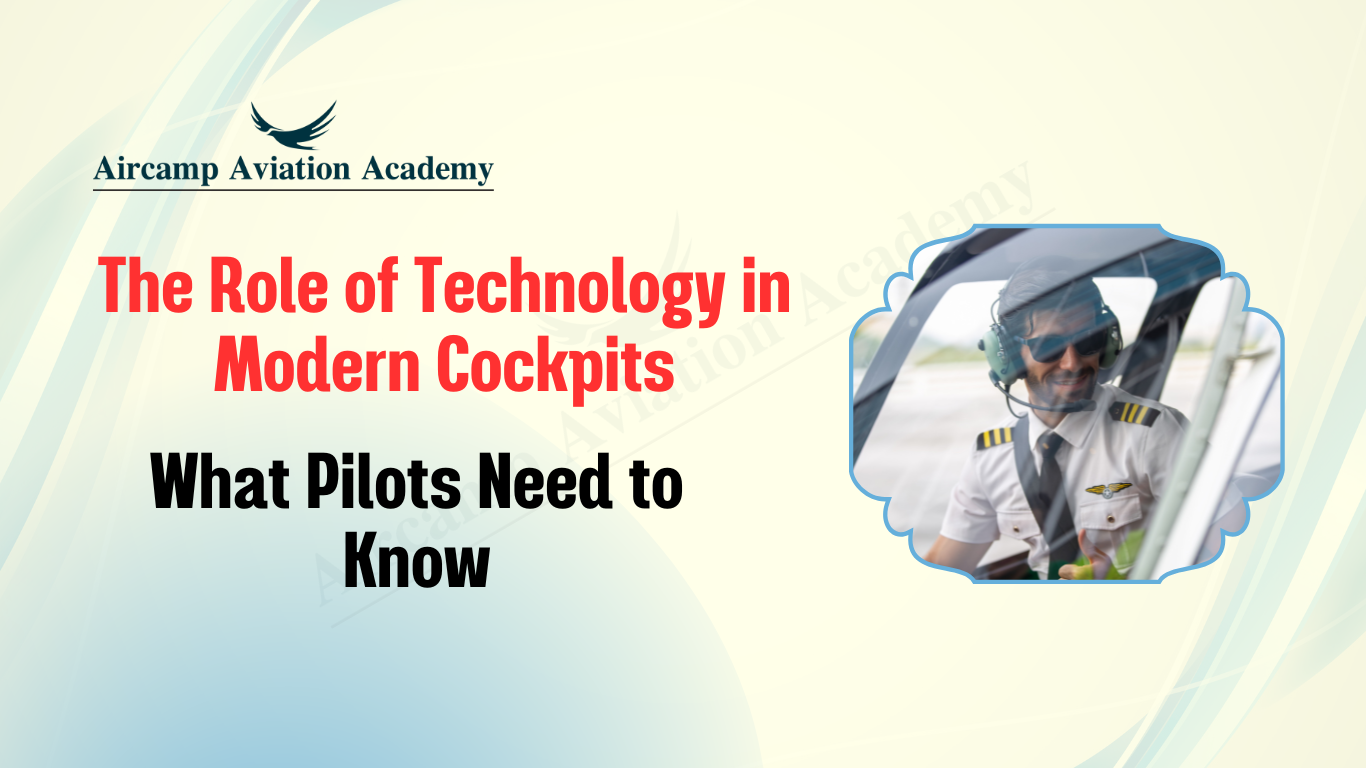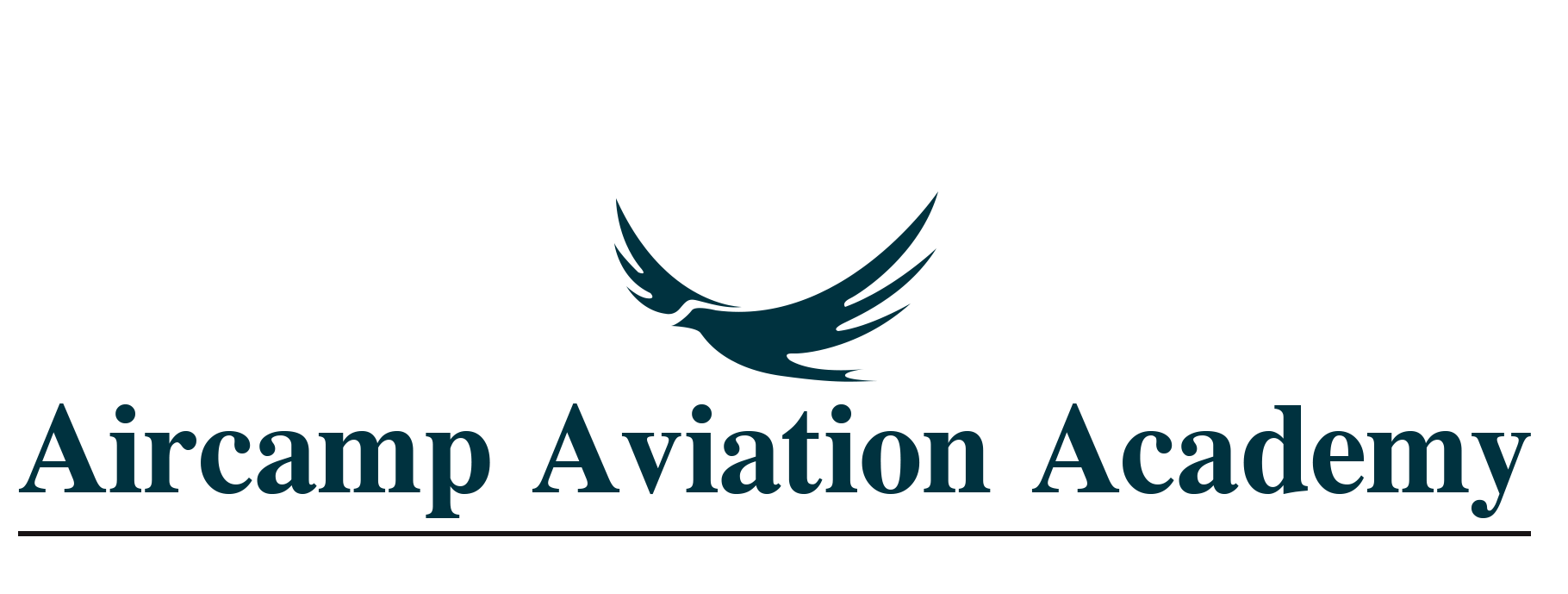Technological advancements have transformed the modern cockpit, making flying safer, more efficient, and less physically demanding. Here’s what pilots need to know about the role of technology in their profession:
1. Automation and Flight Management Systems (FMS):
➢ Benefits: FMS automates many aspects of flight, including navigation, altitude control, and even some aspects of landing. This reduces pilot workload, improves efficiency, and enhances safety.
➢ Pilot’s Role: While automation is prevalent, pilots must remain vigilant. They need to understand how the systems work, monitor them closely, and be ready to take manual control when necessary.
2. Advanced Avionics and Displays:
➢ Benefits: Modern cockpits feature large, high-resolution displays that provide pilots with a wealth of information, including flight data, weather, and traffic. Head-Up Displays (HUDs) project critical information onto the pilot’s windshield, enhancing situational awareness.
➢ Pilot’s Role: Pilots need to be proficient in interpreting the information presented on these displays and integrate it with their visual cues to make informed decisions.
3. Data Communication and Connectivity:
➢ Benefits: Real-time data communication allows for seamless information exchange between the aircraft, air traffic control, and maintenance crews. This improves safety and efficiency.
➢ Pilot’s Role: Pilots need to be comfortable using communication systems and interpreting data received from various sources.
4. Artificial Intelligence (AI) and Machine Learning:
➢ Potential Benefits: AI is being used to develop systems for predictive maintenance, optimized flight paths, and even autonomous flight in certain situations.
➢ Pilot’s Role: While AI plays an increasing role, pilots will still be essential to oversee operations and make critical decisions. Understanding the capabilities and limitations of AI systems will be crucial.
5. Staying Updated:
Continuous Learning: The aviation industry is constantly evolving. Pilots must stay current with the latest technologies and undergo regular training to maintain proficiency.






